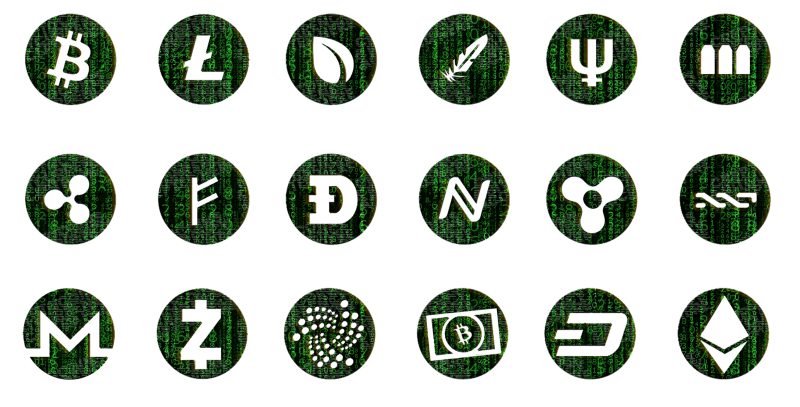
The Ethereum network has been transformative, to say the least. Along with the larger blockchain technology, it has introduced new concepts and possibilities, all of which continue to drive the Ethereum price and enhance the popularity of crypto. Among these, one of the most groundbreaking concepts is Decentralized Finance (DeFi).
This technology has completely changed how we think about and deal with finances, as it has removed the need for traditional intermediaries. And in this guide, we’ll look at how it has revolutionized finance.
What is DeFi?
Decentralized Finance is simply that – it doesn’t rely on a central institution, such as a bank. This is because the concept is based on the blockchain, which is powered by many different computers. To make it possible to carry out financial services, DeFi is based on smart contracts, which are able to automate financial processes and also enforce agreed-upon rules.
Thanks to this design, DeFi benefits from the various aspects of blockchain, such as transparency, security, and immutability. It also enjoys the capabilities of smart contracts, which makes it possible to carry out lots of complex processes, such as lending and borrowing, without an intermediary.
How DeFi is Revolutionizing the Financial Industry
DeFi has changed the way we see finance in various ways.
Democratizing Access to Financial Services
Traditional banking systems usually require lots of paperwork and credit checks, topped up with physical presence. This usually locks out lots of people, especially those with unconventional sources of income or low credit scores. Thankfully, DeFi removes all these barriers. It makes it possible for people from all walks of life to enjoy financial services without discrimination.
One of the transformative services here is secure lending and borrowing. Both lenders and borrowers can enjoy competitive rates as there’s no banking institution. Users can also earn passive income through yield farming and liquidity provision. This is usually done by staking their cryptocurrencies in liquidity pools to earn rewards. All these services are provided irrespective of a user’s geographic location, income level, or social status.
Eliminating Middlemen and Intermediaries
Thanks to DeFi, you no longer have to rely on a bank when you want to send or receive money. Blockchain technology and DeFi have made it possible to remove these middlemen, which also removes the additional fees and commissions they come with. In the digital space, transactions are peer-to-peer, and there’s no need for third-party verification as this takes place on the network. And thanks to smart contracts, all transactions are guided by regulations that were agreed upon before everything.
The absence of third parties also means that you don’t have to worry about them profiling you and keeping track of your transactions. You can also transact without geographical barriers.
Enhancing Security and Transparency
When using a traditional financial system, you can’t see how your funds are being utilized or managed. On top of that, any system that stores your financial information, such as credit cards, is always vulnerable to data breaches and cyberattacks. But thanks to DeFi and blockchain, everything (without personal details) is stored on a ledger that is accessible to everyone. However, it is immutable, so nobody can change anything that has been already executed.
Thanks to smart contracts, it’s also impossible to alter a transaction when it’s taking place, as it’s only guided by the rules that were written initially. The distributed nature of blockchain also ensures that there’s no single point of failure, so the risk of hacking or malicious activities is minimized.
Tokenization and Asset Management
In the traditional financial world, it’s always difficult to liquidify, subdivide, or transfer assets such as real estate, artwork, and other commodities. However, this has been changed by tokenization. This process makes it possible to convert real-world assets into digital tokens. These tokens can then be traded on blockchain networks, and several people can even own a piece of a valuable item.
This is done through the famous Non-Fungible Tokens (NFTs). When you have one, you have true ownership of a specific item. The item is also protected as the details cannot be changed by anyone, and all ownership can be traced right to the creator. All this is made possible by smart contracts, which govern all sales and eliminate the need for third-party asset managers, giving users more control over their investment decisions.









